Rett syndrome
Recent articles
Molecular changes after MECP2 loss may drive Rett syndrome traits
Knocking out the gene in adult mice triggered up- and down-regulated expression of myriad genes weeks before there were changes in neuronal function.
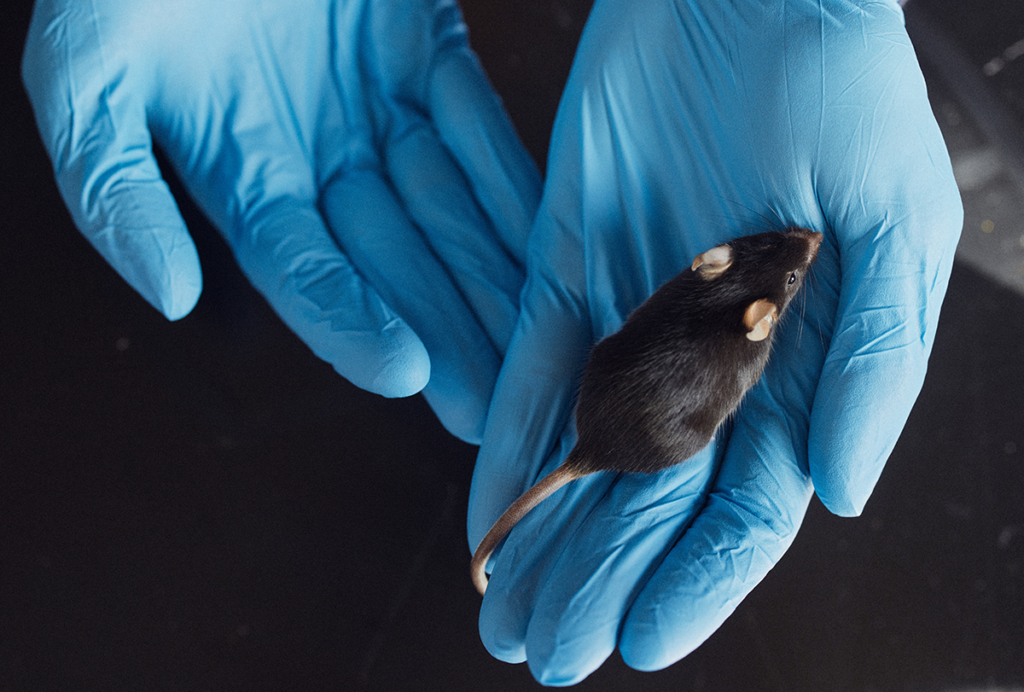
Molecular changes after MECP2 loss may drive Rett syndrome traits
Knocking out the gene in adult mice triggered up- and down-regulated expression of myriad genes weeks before there were changes in neuronal function.
Many autism-linked proteins influence hair-like cilia on human brain cells
The finding may help explain autism’s association with multiple co-occurring conditions that involve cilia defects.
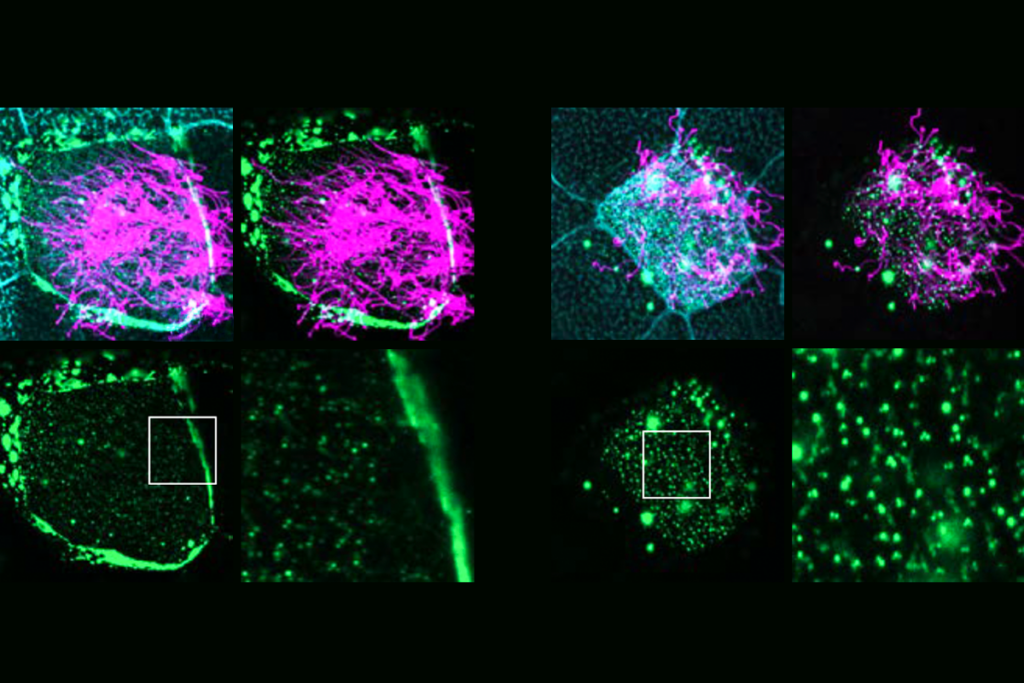
Many autism-linked proteins influence hair-like cilia on human brain cells
The finding may help explain autism’s association with multiple co-occurring conditions that involve cilia defects.
What’s next for brain-directed gene therapy after death in Neurogene trial
The incident highlights that viral vectors can trigger deadly immune responses even when delivered directly to the nervous system.
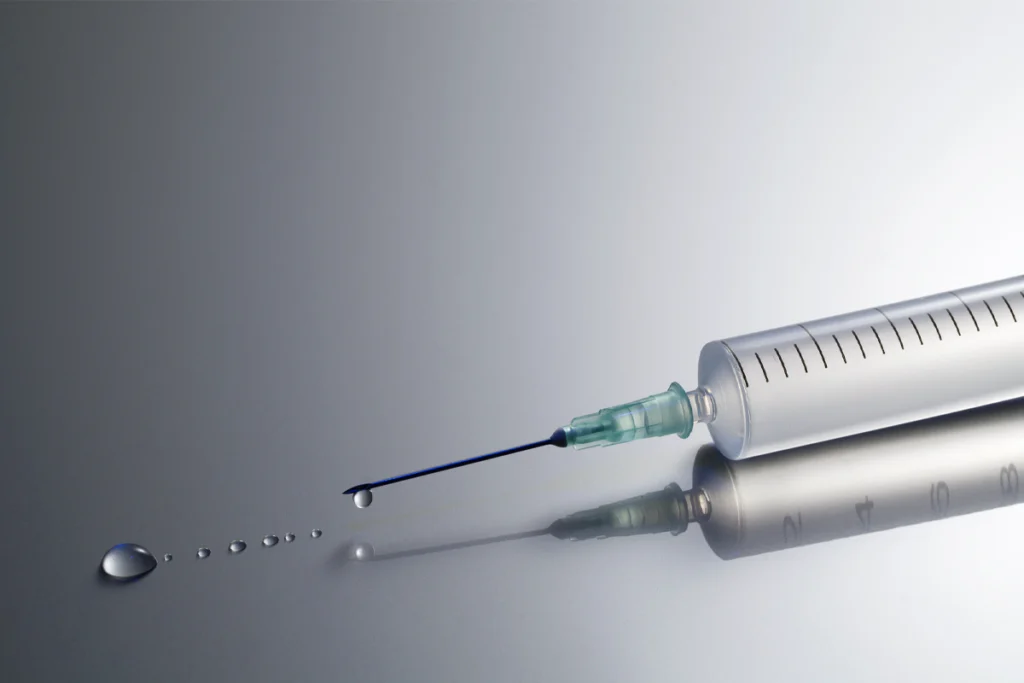
What’s next for brain-directed gene therapy after death in Neurogene trial
The incident highlights that viral vectors can trigger deadly immune responses even when delivered directly to the nervous system.
Parasite-based tool delivers MECP2 and other proteins to neurons
A method that uses a common brain parasite could help replenish the proteins deficient in Rett syndrome and other conditions.
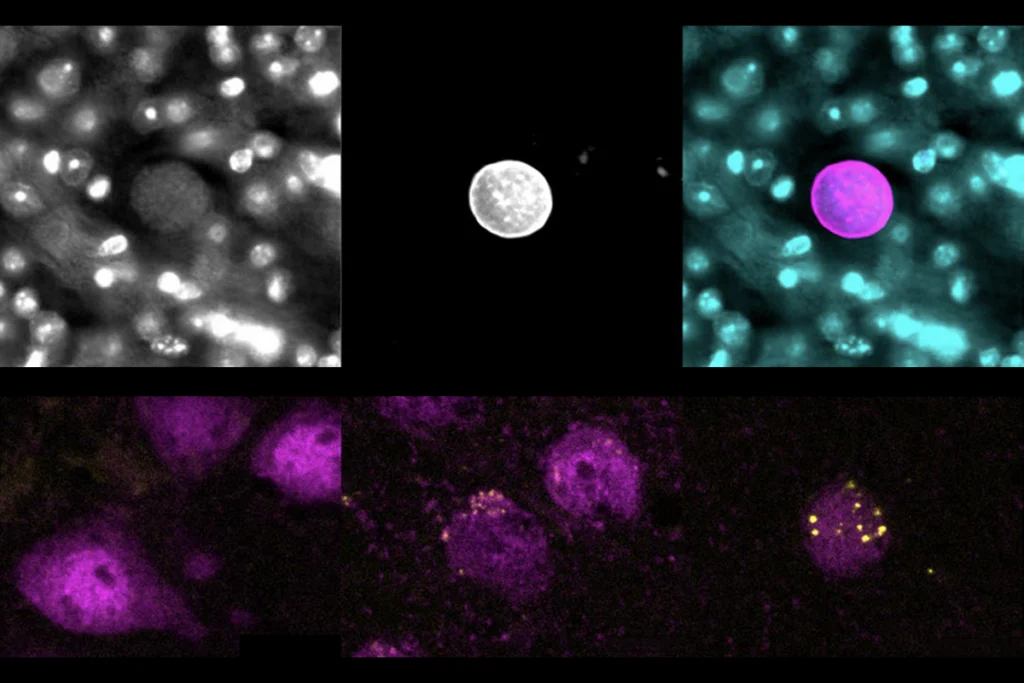
Parasite-based tool delivers MECP2 and other proteins to neurons
A method that uses a common brain parasite could help replenish the proteins deficient in Rett syndrome and other conditions.
New RNA editor boasts increased versatility, safety
The “PRECISE” technique reprograms cells in a way that, unlike DNA editors, avoids potentially permanent off-target effects.
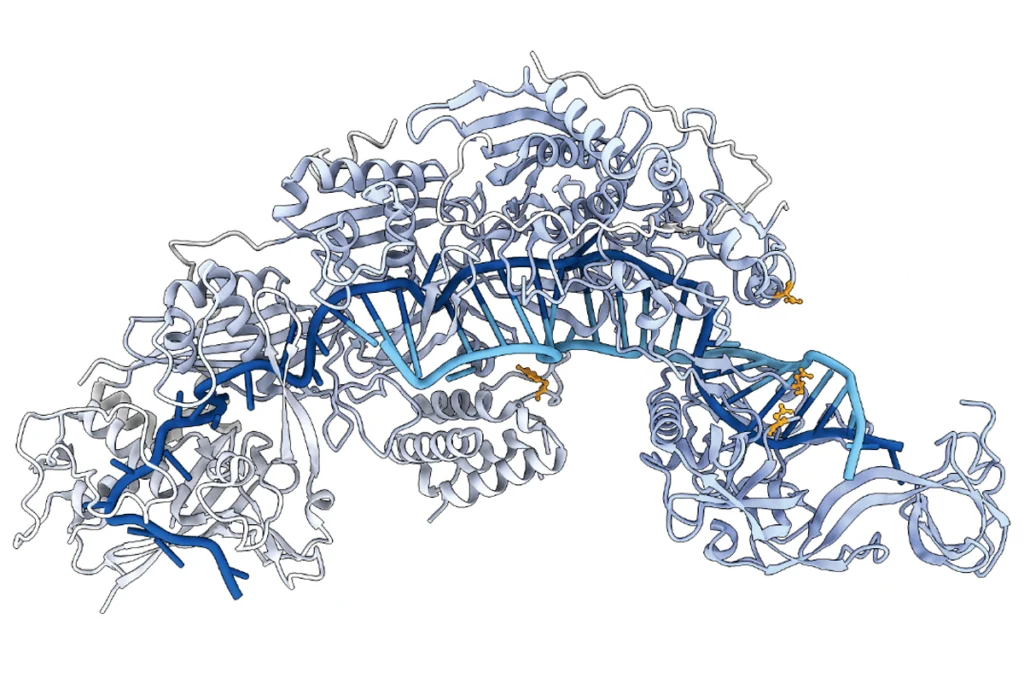
New RNA editor boasts increased versatility, safety
The “PRECISE” technique reprograms cells in a way that, unlike DNA editors, avoids potentially permanent off-target effects.
New template streamlines sharing clinical trial results
This month’s Going on Trial newsletter explores a new tool for communicating with clinical trial participants and their families, among other drug development news.
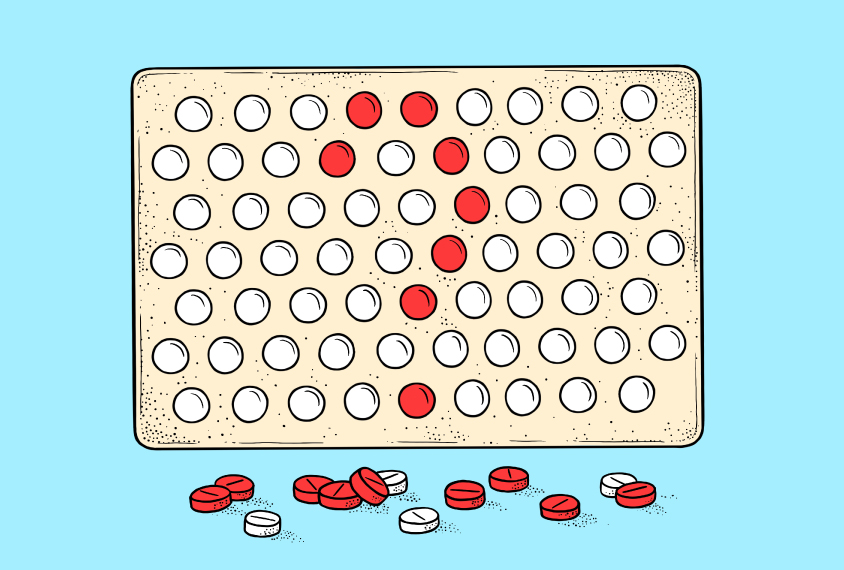
New template streamlines sharing clinical trial results
This month’s Going on Trial newsletter explores a new tool for communicating with clinical trial participants and their families, among other drug development news.
Trials test utility of EEG biomarkers for autism-related conditions
This month’s Going on Trial newsletter dives into an electroencephalography biomarker that could track the efficacy of treatments for dup15q and Angelman syndromes, among other drug development news.

Trials test utility of EEG biomarkers for autism-related conditions
This month’s Going on Trial newsletter dives into an electroencephalography biomarker that could track the efficacy of treatments for dup15q and Angelman syndromes, among other drug development news.
How organ-on-a-chip models can help drug development
This month’s Going on Trial newsletter explores how organ-on-a-chip models could smooth the transition from preclinical to clinical trials, among other drug development news.
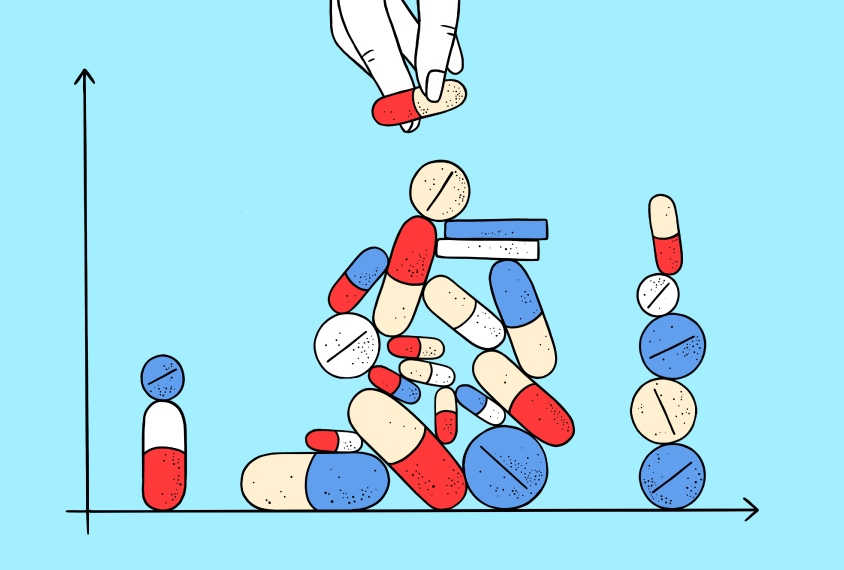
How organ-on-a-chip models can help drug development
This month’s Going on Trial newsletter explores how organ-on-a-chip models could smooth the transition from preclinical to clinical trials, among other drug development news.
Going on Trial: Gene therapy for Rett; return to arbaclofen
This month’s newsletter looks at the early safety data from the first gene therapy trial for Rett syndrome, among other drug development news.

Going on Trial: Gene therapy for Rett; return to arbaclofen
This month’s newsletter looks at the early safety data from the first gene therapy trial for Rett syndrome, among other drug development news.
The future of autism therapies: A conversation with Lilia Iakoucheva and Derek Hong
If a therapy for autism’s core traits makes it to market, it will likely take one of three forms, the researchers say.

The future of autism therapies: A conversation with Lilia Iakoucheva and Derek Hong
If a therapy for autism’s core traits makes it to market, it will likely take one of three forms, the researchers say.
Explore more from The Transmitter
Neuro’s ark: Spying on the secret sensory world of ticks
Carola Städele, a self-proclaimed “tick magnet,” studies the arachnids’ sensory neurobiology—in other words, how these tiny parasites zero in on their next meal.

Neuro’s ark: Spying on the secret sensory world of ticks
Carola Städele, a self-proclaimed “tick magnet,” studies the arachnids’ sensory neurobiology—in other words, how these tiny parasites zero in on their next meal.
Autism in old age, and more
Here is a roundup of autism-related news and research spotted around the web for the week of 2 March.

Autism in old age, and more
Here is a roundup of autism-related news and research spotted around the web for the week of 2 March.
Lack of reviewers threatens robustness of neuroscience literature
Simple math suggests that small groups of scientists can significantly bias peer review.

Lack of reviewers threatens robustness of neuroscience literature
Simple math suggests that small groups of scientists can significantly bias peer review.